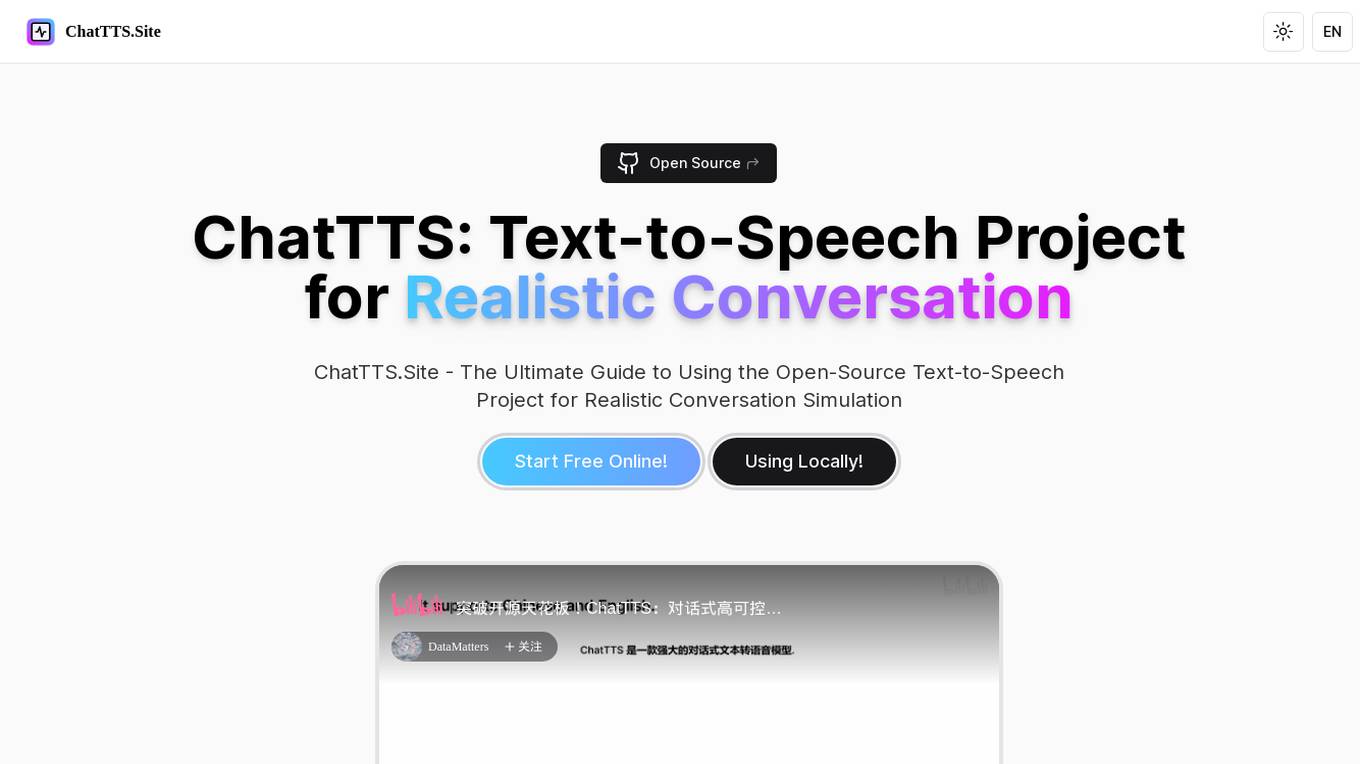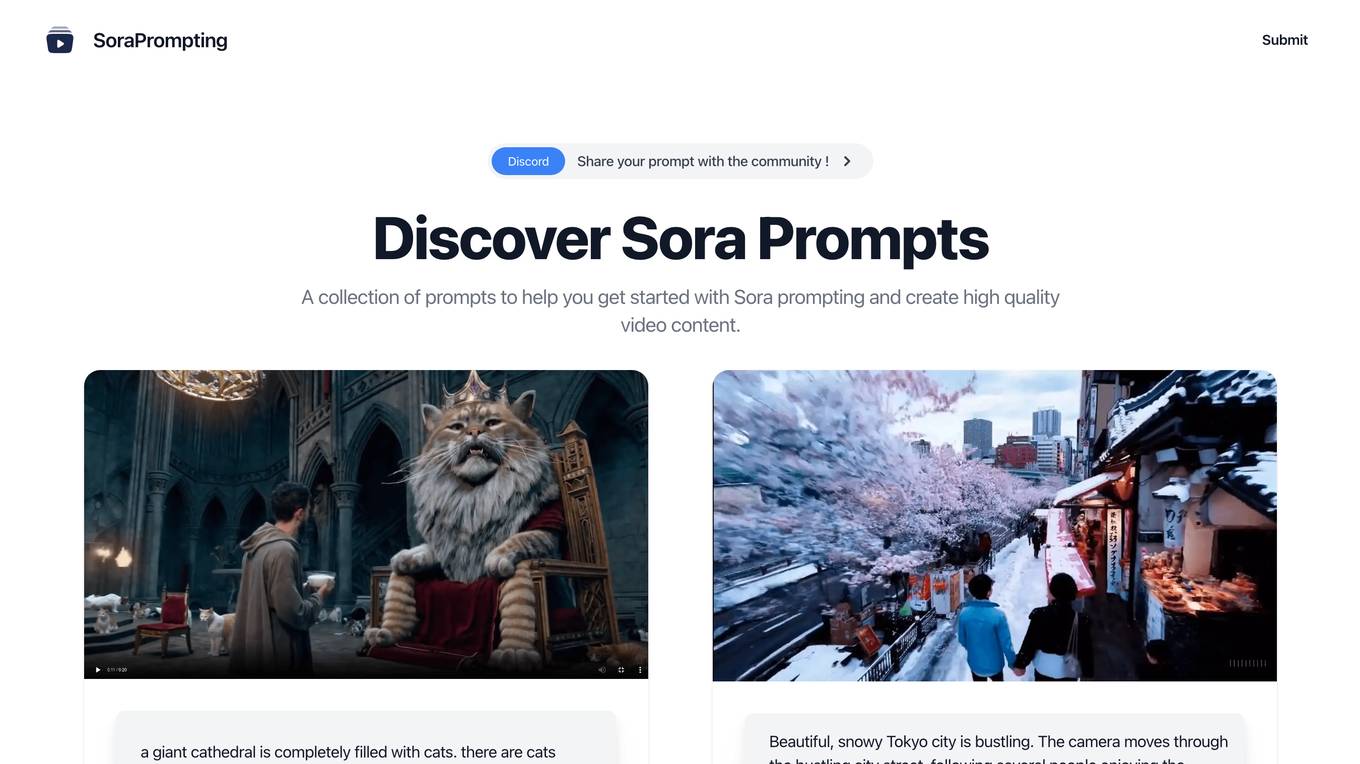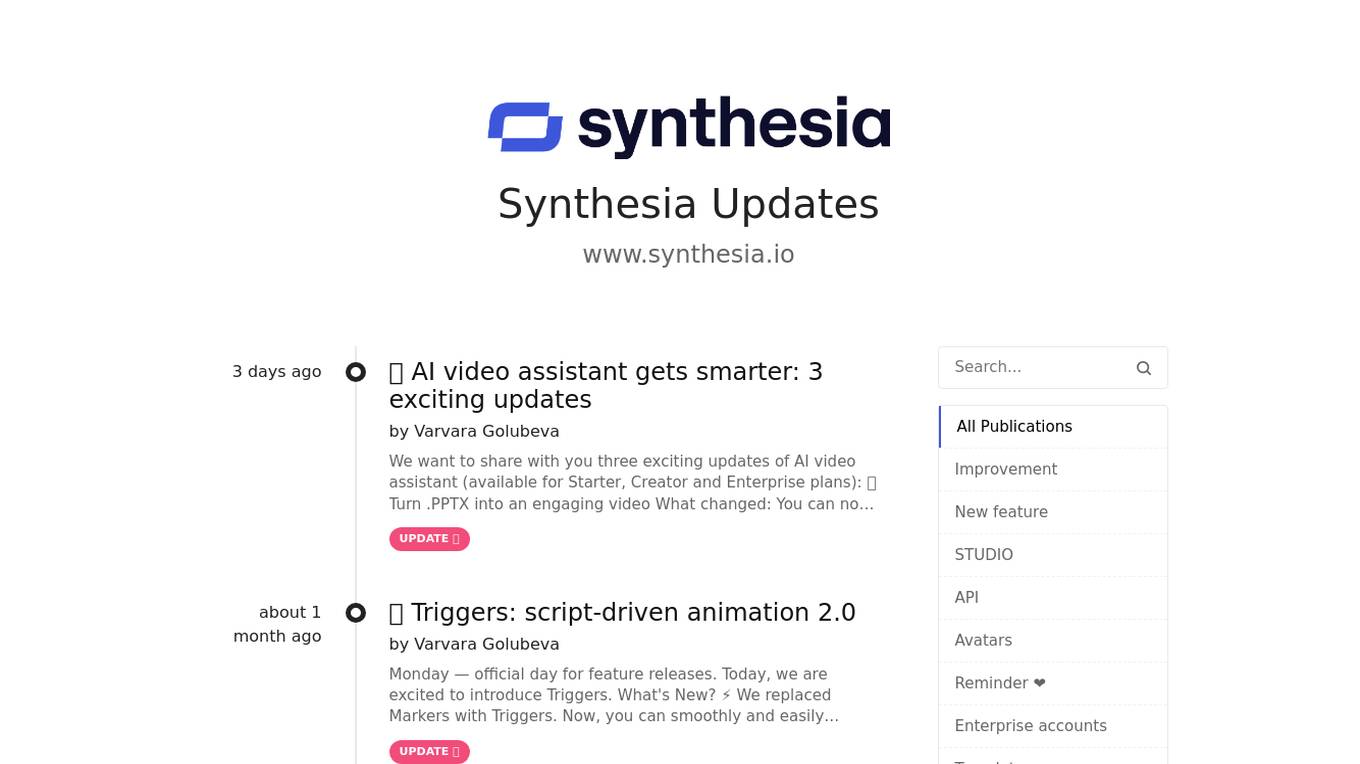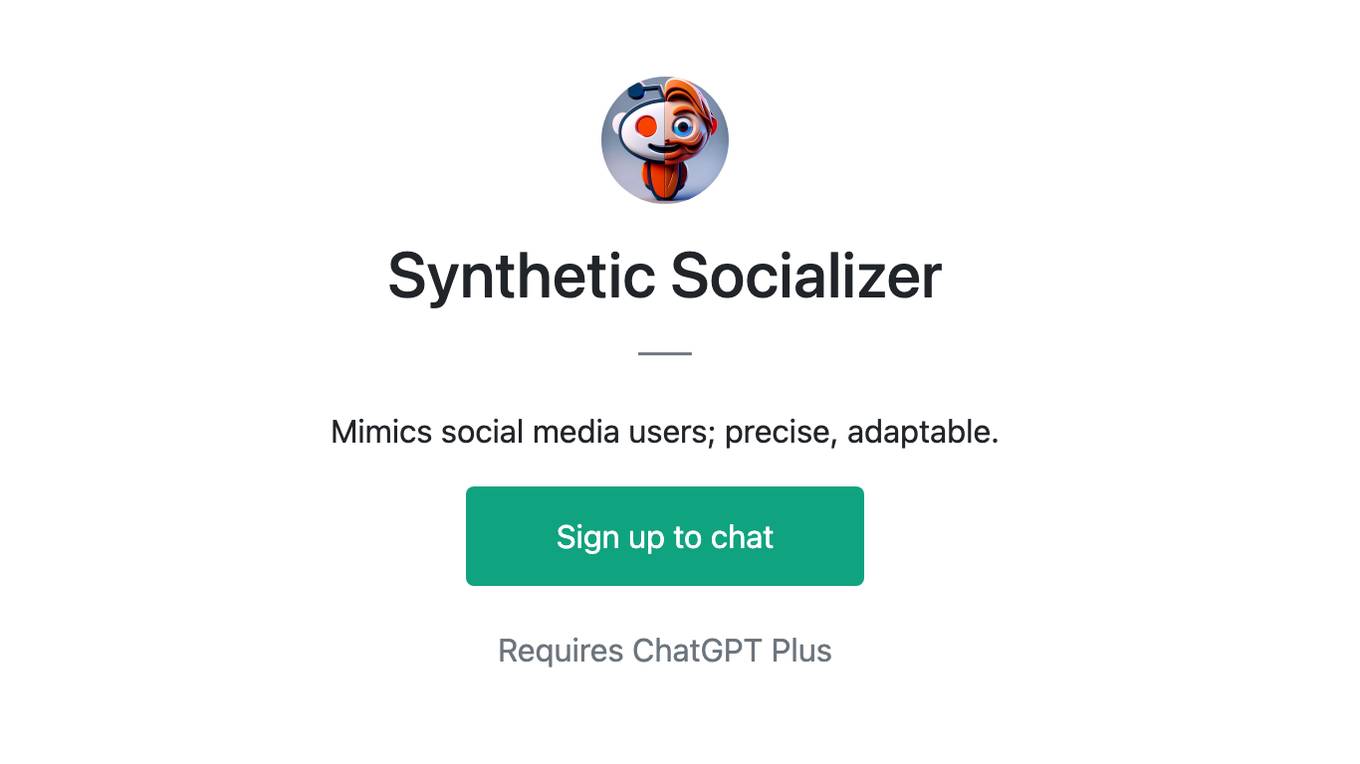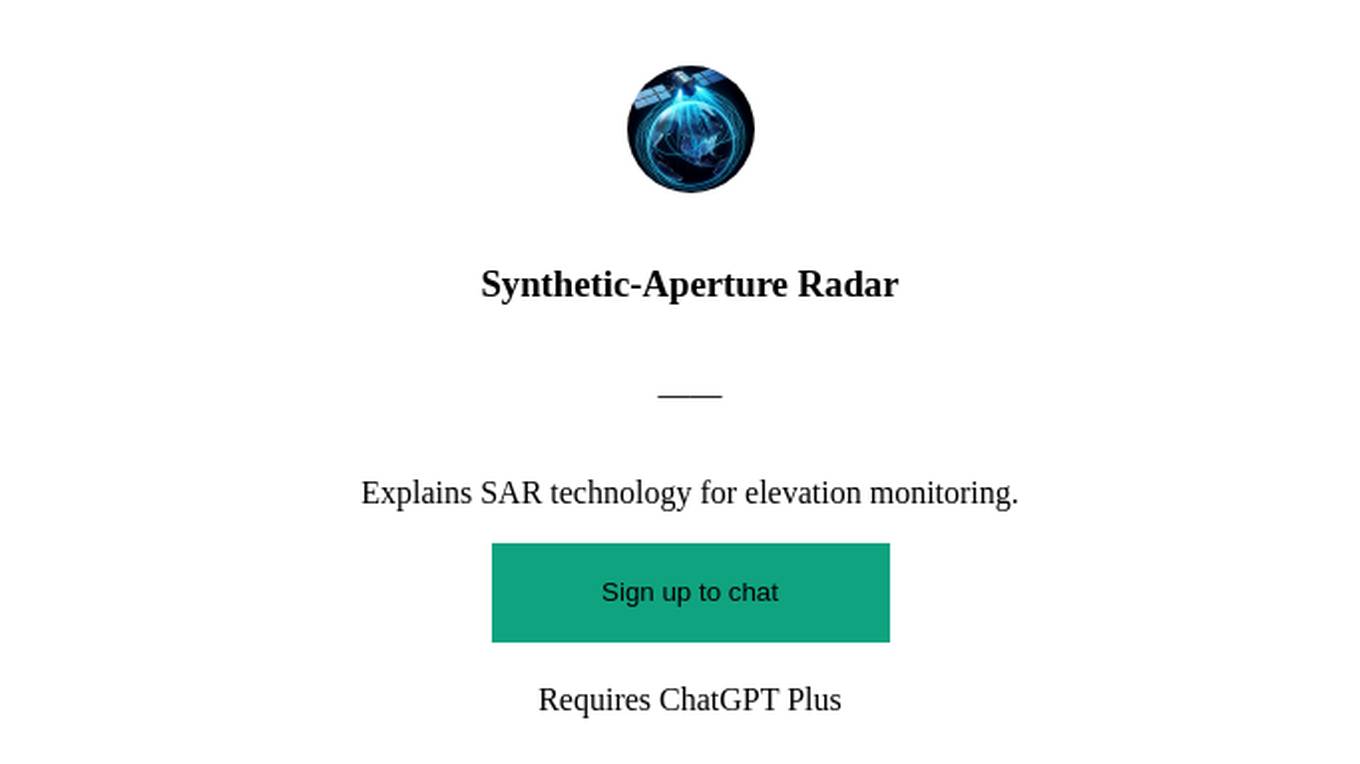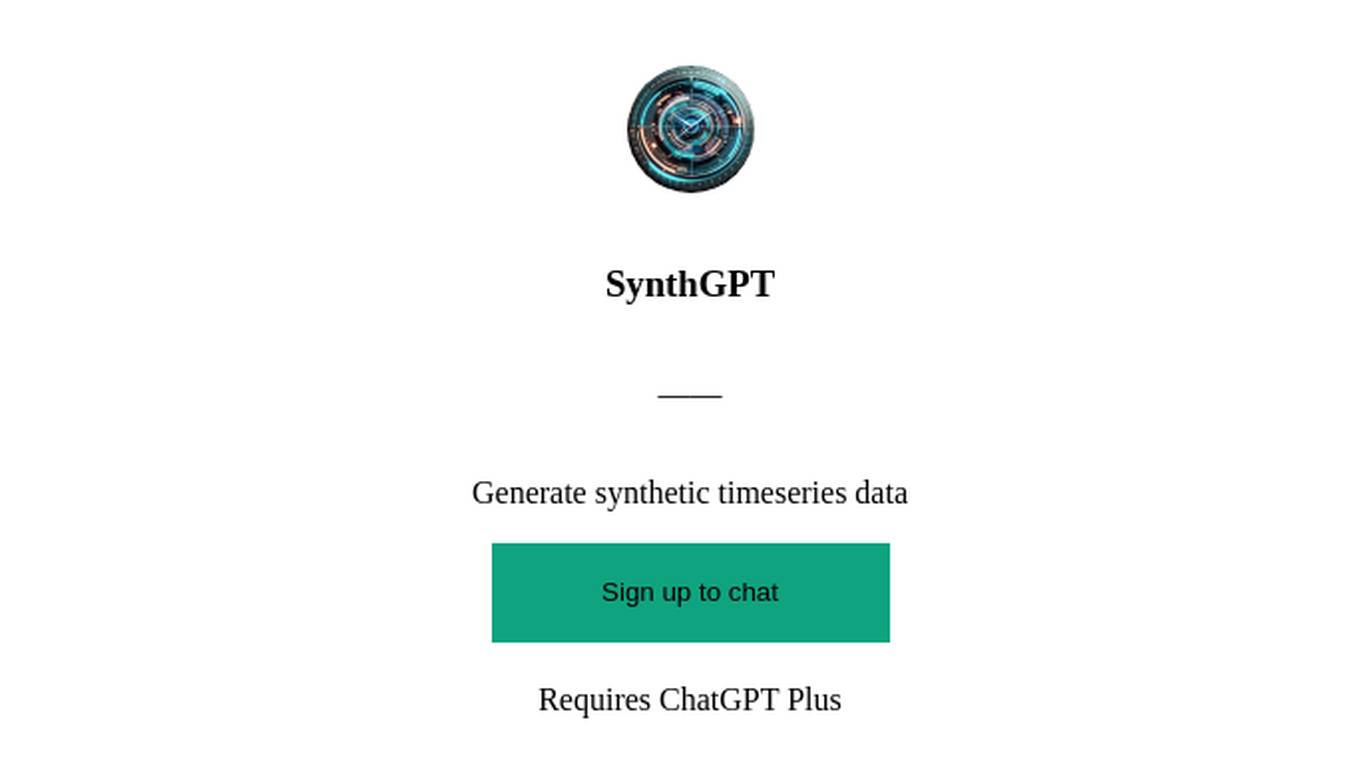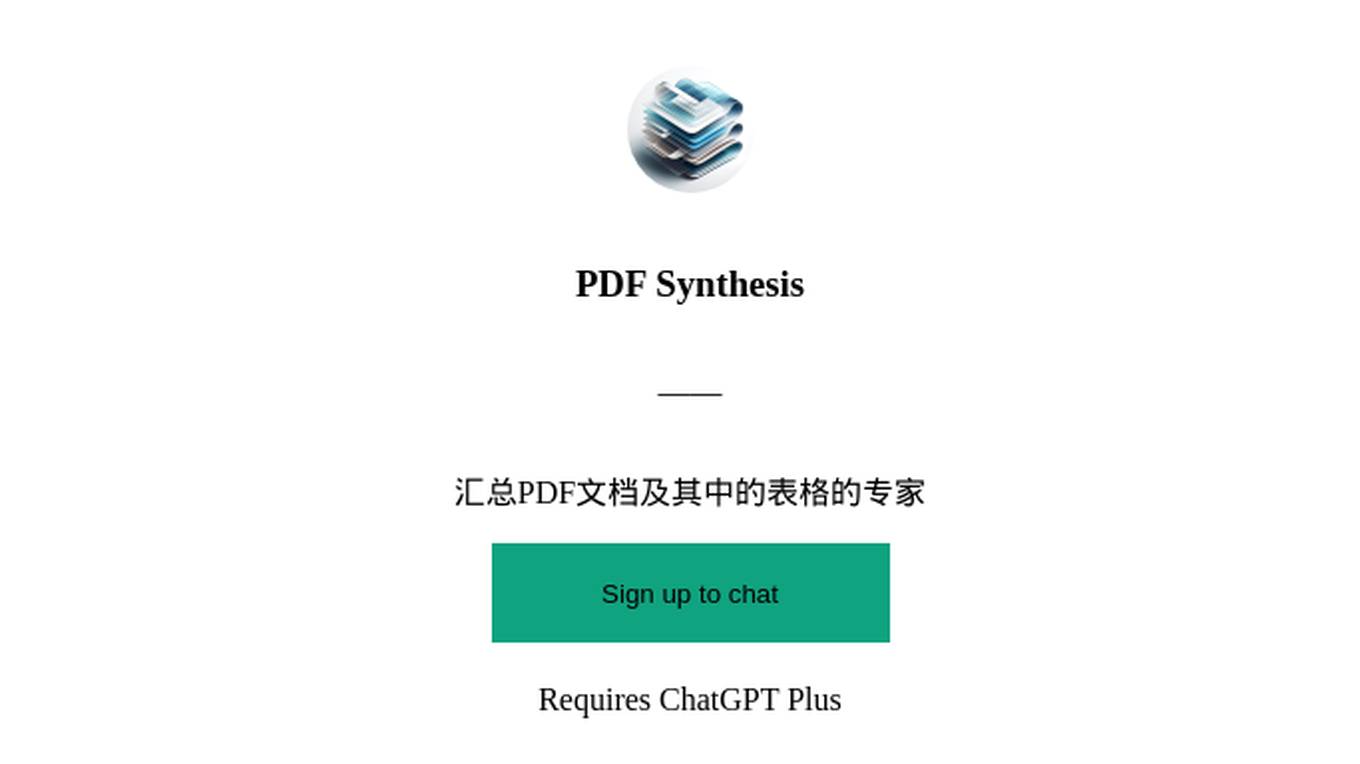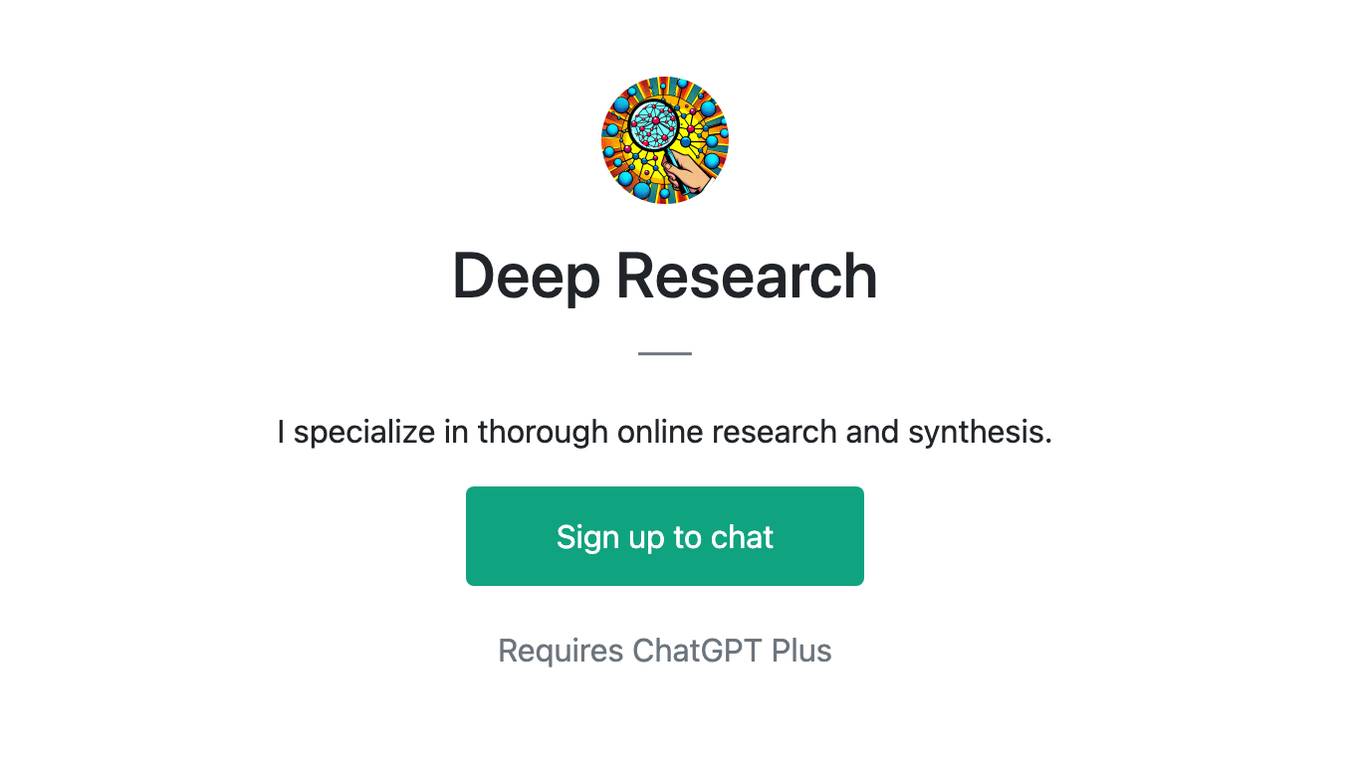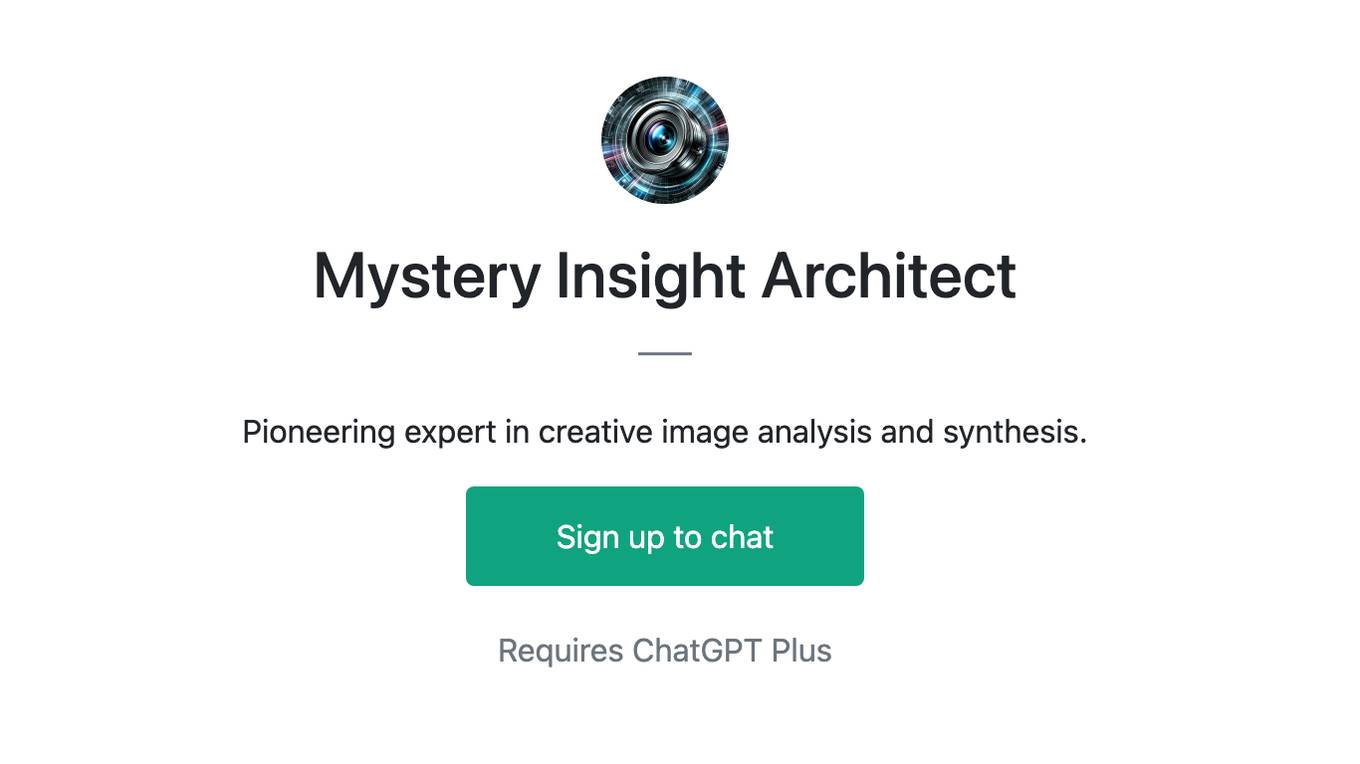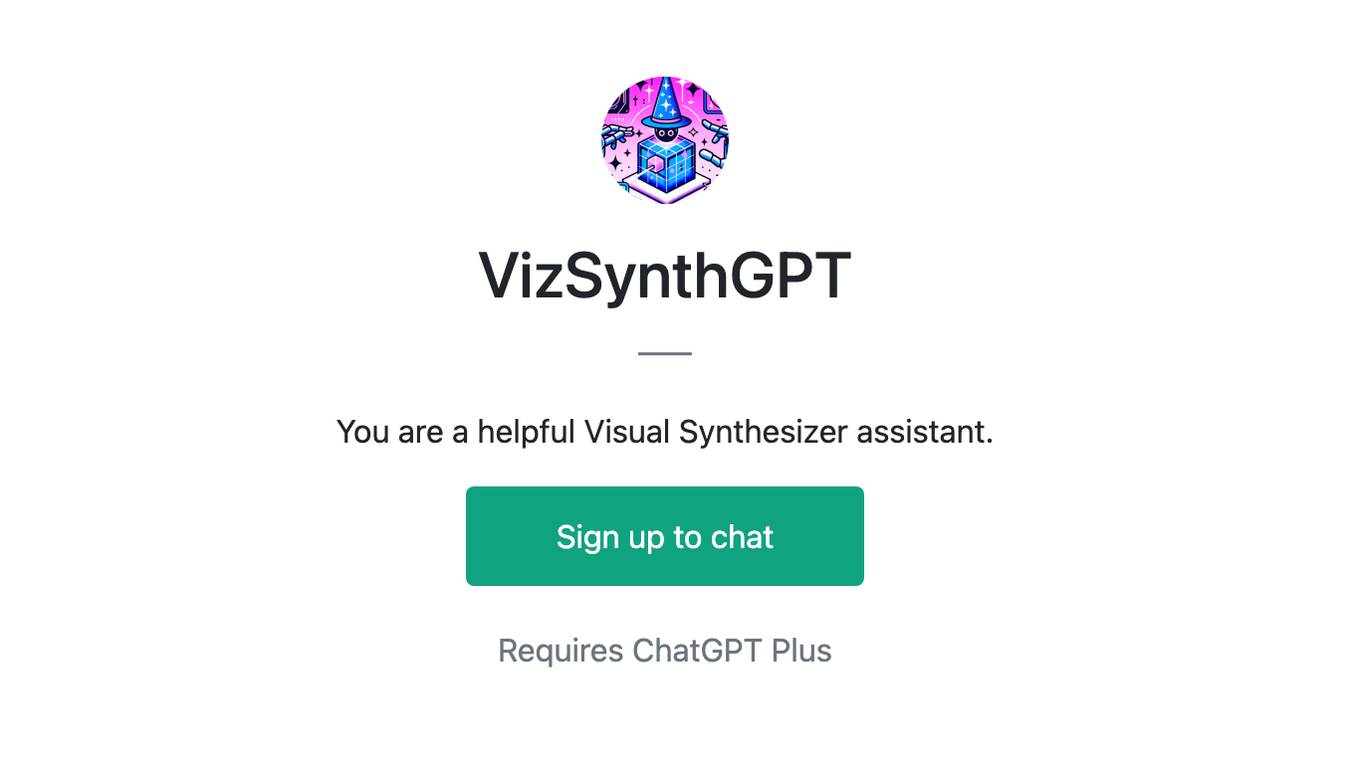AI tools for synthetic user research
Related Tools:
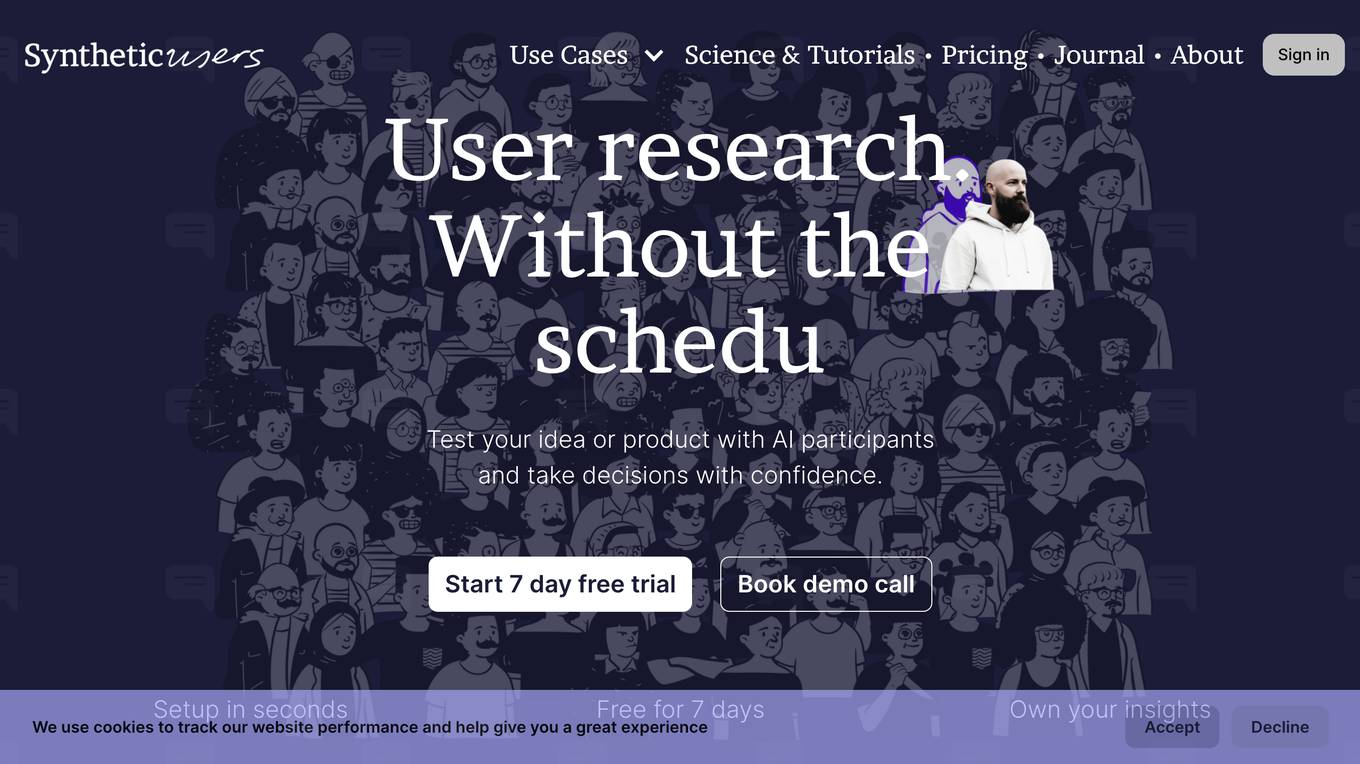
Synthetic Users
Synthetic Users is an AI-powered user research tool that allows users to conduct user and market research without the need for recruitment. The tool leverages advanced AI architecture to create human-like AI participants for in-depth interviews and surveys. By simulating real human interactions, Synthetic Users provides valuable insights for various applications, helping users optimize user journeys, prioritize product roadmaps, and enhance product discovery. The tool offers a multi-agent framework, proprietary data integration, and continuous learning capabilities to ensure relevant and reflective data outputs.

Nuanced
Nuanced is an AI tool that detects AI-generated images to protect the integrity and authenticity of online services. It helps platforms combat fraud, deepfakes, and inauthentic content by distinguishing between genuine human-authored artifacts and AI-generated content. Nuanced's algorithms stay ahead of the accelerating changes in AI content generation, providing a privacy-first solution that is simple to adopt and integrate. With Nuanced, businesses can focus on their core operations while ensuring the authenticity of their content.

Hubble
Hubble is an enterprise user research platform designed to streamline research workflows for world-class enterprises. It offers a full spectrum of research capabilities, including unmoderated and moderated research, AI interviews, surveys, and in-product research. With powerful analysis and synthesis features, premium participant recruitment, and cutting-edge AI capabilities, Hubble empowers teams to make data-driven decisions and validate design choices efficiently.
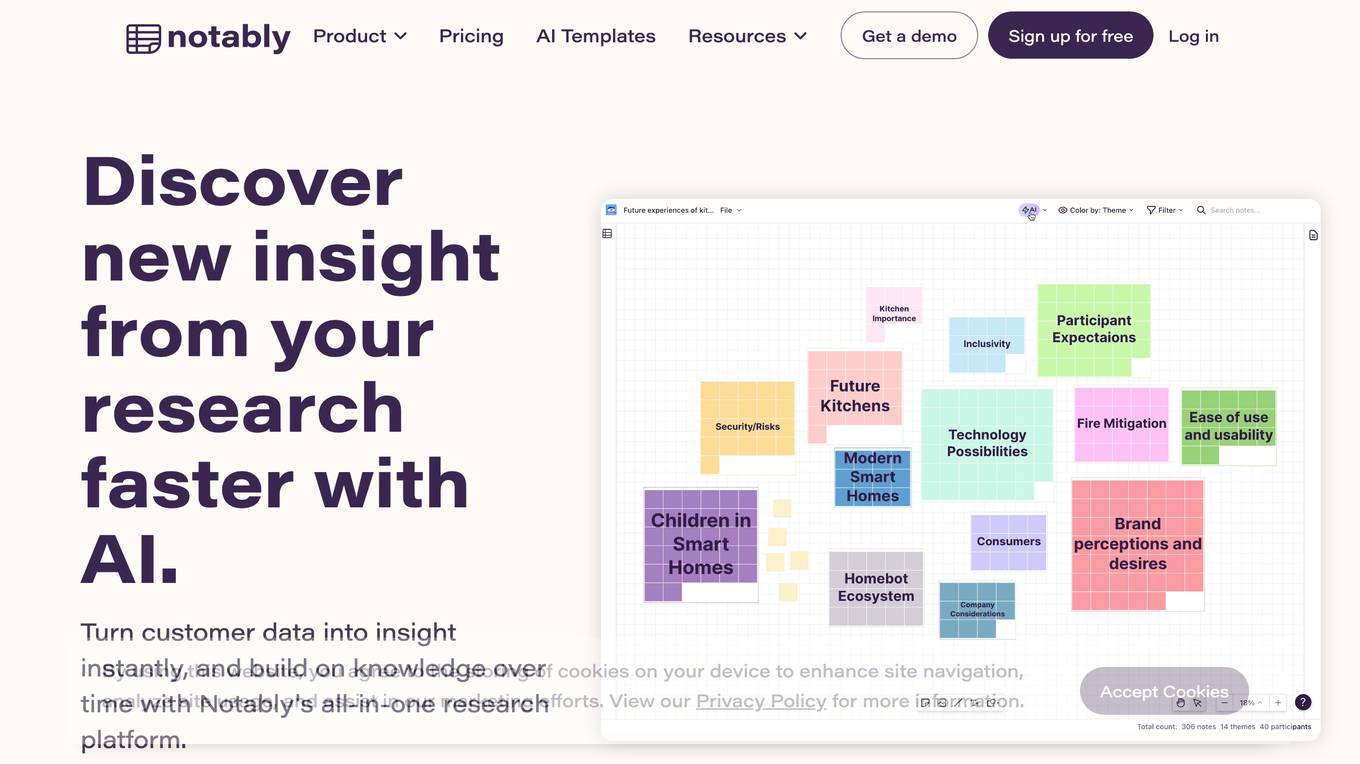
Notably
Notably is a research synthesis platform that uses AI to help researchers analyze and interpret data faster. It offers a variety of features, including a research repository, AI research, digital sticky notes, video transcription, and cluster analysis. Notably is used by companies and organizations of all sizes to conduct product research, market research, academic research, and more.
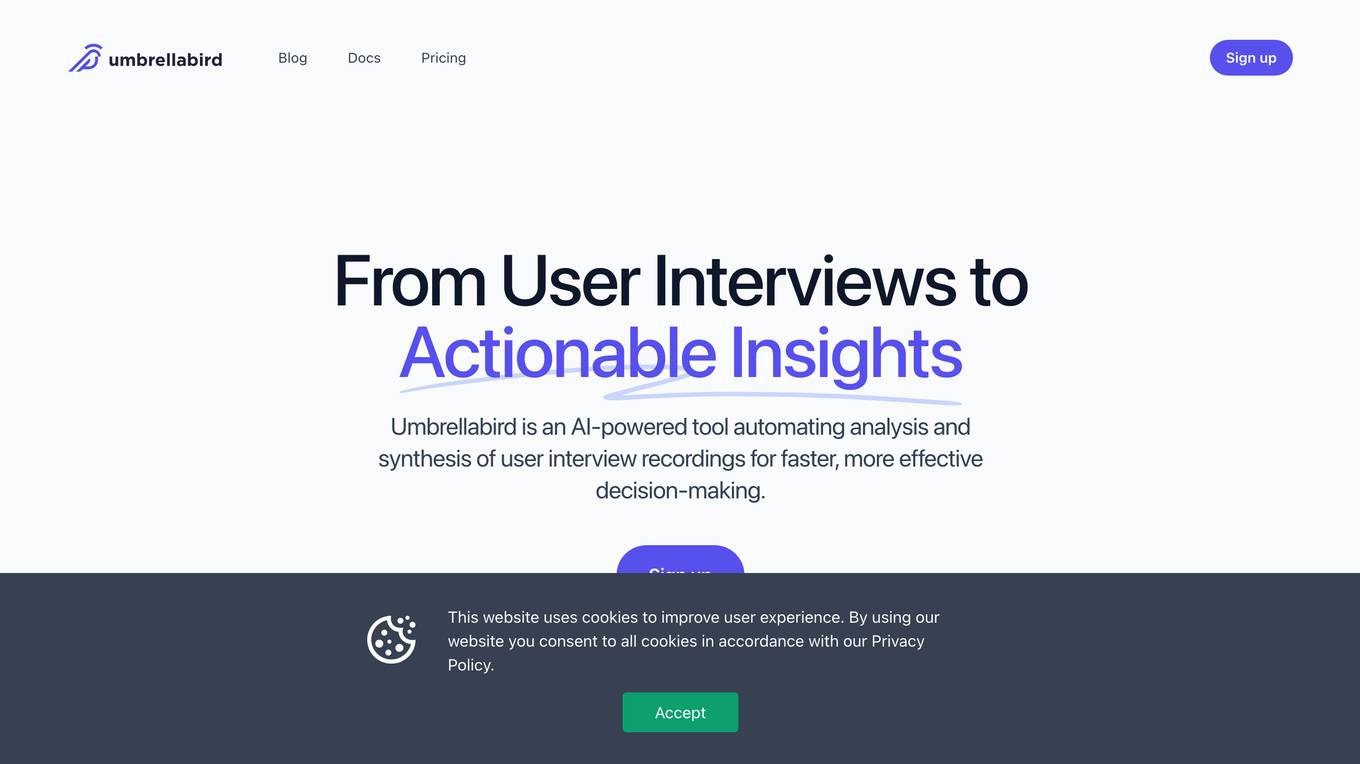
Umbrellabird
Umbrellabird is an AI-powered tool that automates the analysis and synthesis of user interview recordings. It helps product teams transform user interviews into actionable insights for faster decision-making. With features like automated document generation, intelligent key insights extraction, custom document generation, and enhanced workflow experience, Umbrellabird streamlines the process of generating valuable insights from user interviews. It ensures security and privacy of user data through encryption and offers best-in-class transcription services. Users can collaborate with their team members, share insights, and export documents easily. Umbrellabird is designed for product managers at software companies or UX researchers involved in summarizing user/customer interviews.
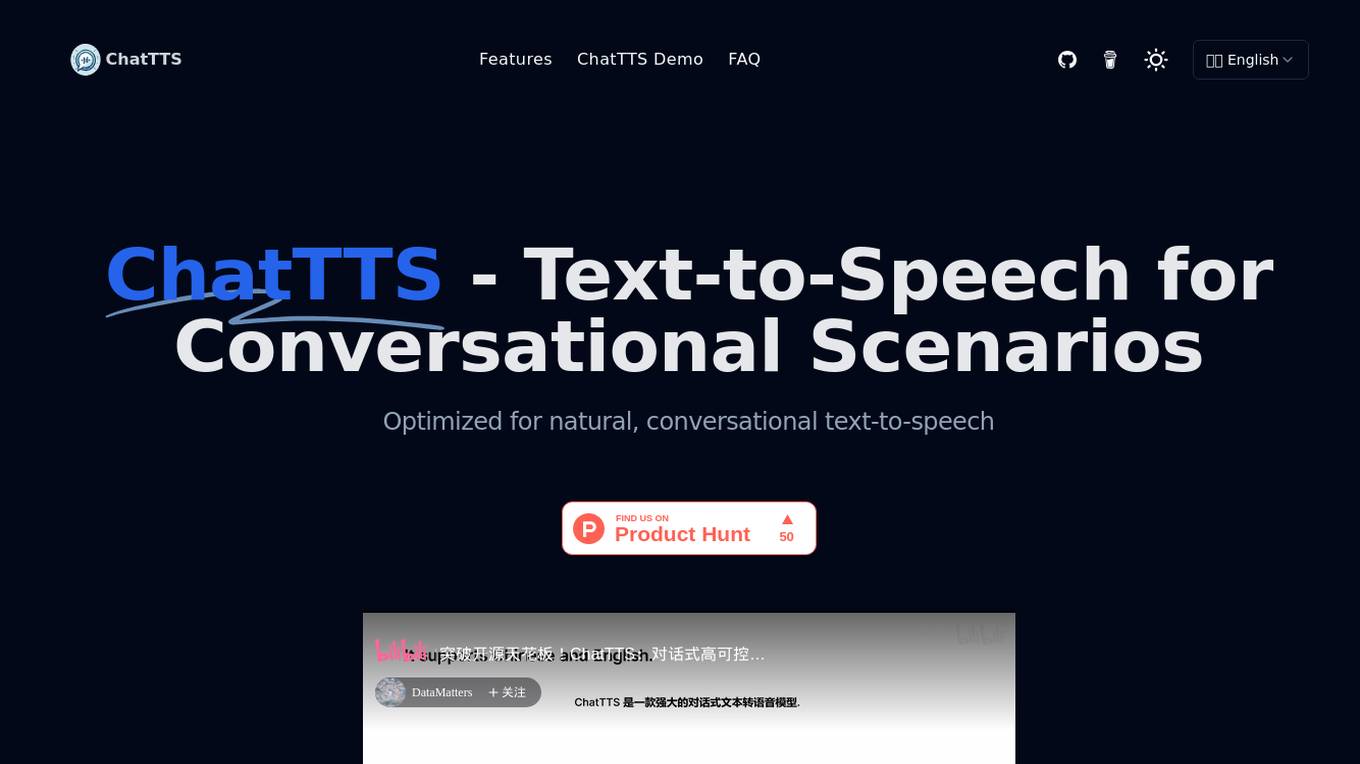
ChatTTS
ChatTTS is a text-to-speech tool optimized for natural, conversational scenarios. It supports both Chinese and English languages, trained on approximately 100,000 hours of data. With features like multi-language support, large data training, dialog task compatibility, open-source plans, control, security, and ease of use, ChatTTS provides high-quality and natural-sounding voice synthesis. It is designed for conversational tasks, dialogue speech generation, video introductions, educational content synthesis, and more. Users can integrate ChatTTS into their applications using provided API and SDKs for a seamless text-to-speech experience.
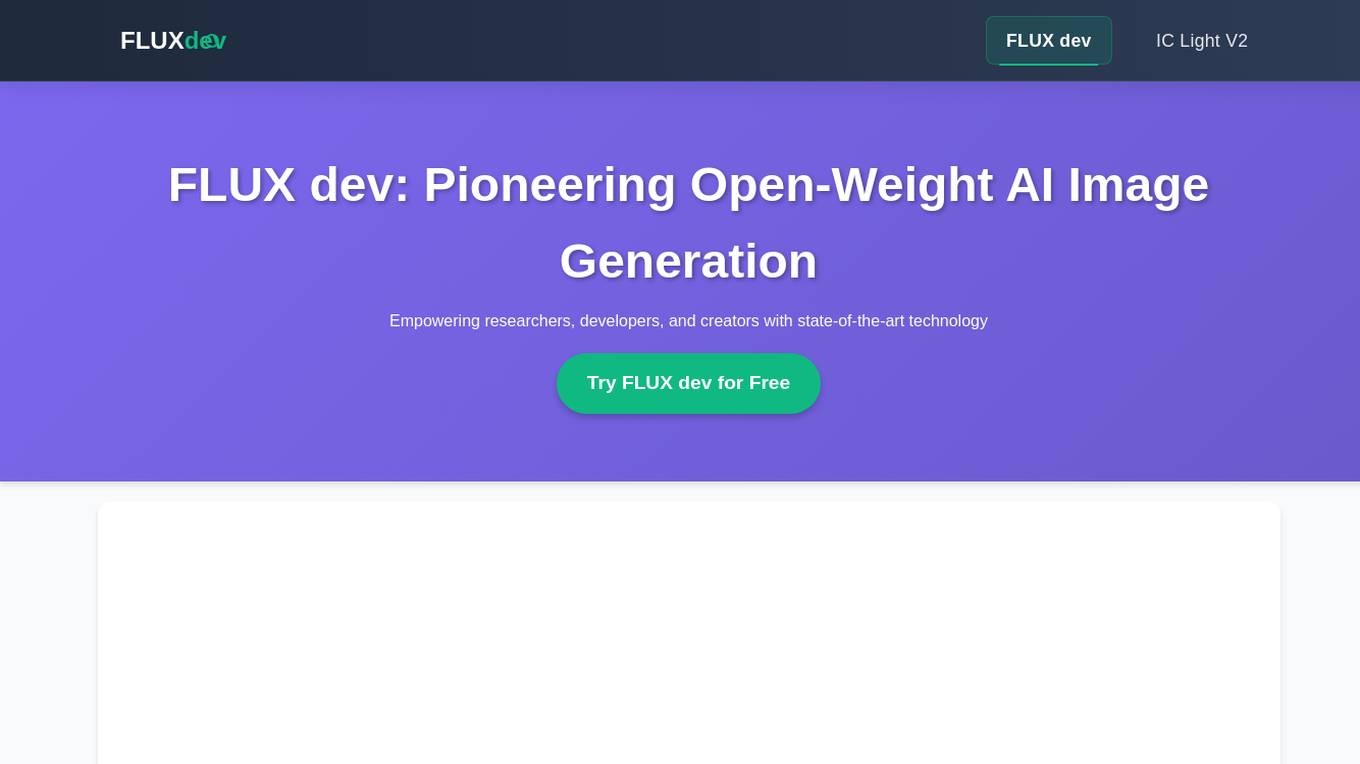
FLUX dev
FLUX dev is a revolutionary open-weight AI image generation model developed by Black Forest Labs. It empowers researchers, developers, and creative professionals with state-of-the-art technology for text-to-image synthesis. FLUX dev offers unparalleled features such as open-weight architecture, direct distillation from FLUX [pro], exceptional prompt adherence, optimized efficiency, and enhanced typography capabilities. The application stands out in AI image generation through its cutting-edge technology, user-centric design, and advanced capabilities in text rendering, complex compositions, and anatomical accuracy.
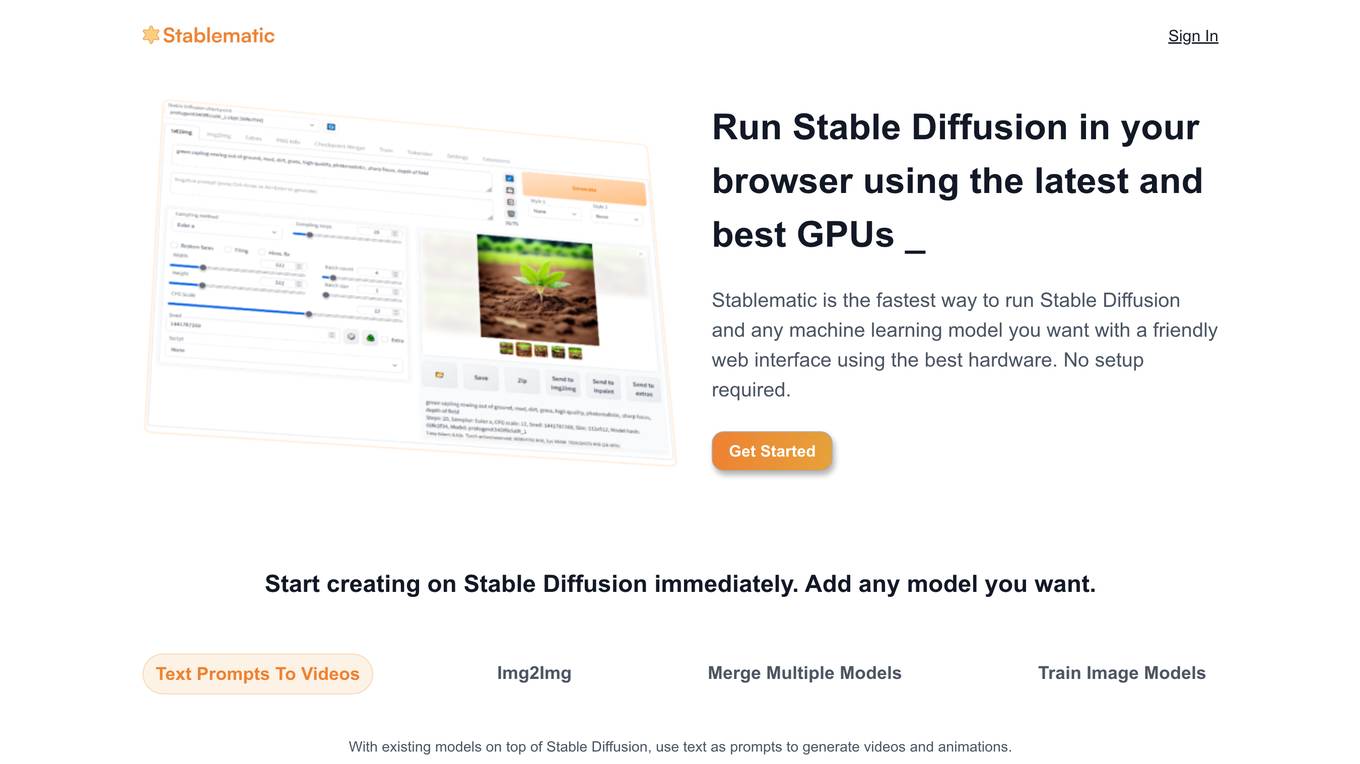
Stablematic
Stablematic is a web-based platform that allows users to run Stable Diffusion and other machine learning models without the need for local setup or hardware limitations. It provides a user-friendly interface, pre-installed plugins, and dedicated GPU resources for a seamless and efficient workflow. Users can generate images and videos from text prompts, merge multiple models, train custom models, and access a range of pre-trained models, including Dreambooth and CivitAi models. Stablematic also offers API access for developers and dedicated support for users to explore and utilize the capabilities of Stable Diffusion and other machine learning models.

Framer
Framer is a design tool that allows users to create interactive prototypes for web and mobile applications. It provides a platform for designers to easily visualize and test their designs, helping them to iterate quickly and efficiently. With Framer, users can create animations, transitions, and interactions to bring their designs to life. The tool offers a range of features to enhance the design process, making it a valuable asset for designers looking to create engaging user experiences.

Speech Studio
Speech Studio is a cloud-based speech-to-text and text-to-speech platform that enables developers to add speech capabilities to their applications. With Speech Studio, developers can easily transcribe audio and video files, generate synthetic speech, and build custom speech models. Speech Studio is a powerful tool that can be used to improve the accessibility, efficiency, and user experience of any application.

Allchemy
Allchemy is a resource-aware AI platform for drug discovery. It combines state-of-the-art computational synthesis with AI algorithms to predict molecular properties. Within minutes, Allchemy creates thousands of synthesizable lead candidates meeting user-defined profiles of drug-likeness, affinity towards specific proteins, toxicity, and a range of other physical-chemical measures. Allchemy encompasses the entire resource-to-drug design process and has been used in academic, corporate and classified environments worldwide to: Design synthesizable leads targeting specific proteins Evolve scaffolds similar to desired drugs Design “circular” drug syntheses from renewable materials Interface with and instruct automated synthesis platforms and optimize pilot-scale processes Operate “iterative synthesis” schemes Predict side reactions and create forensic “synthetic signatures” of hazardous/toxic molecules Design synthetic degradation and recovery cycles for various types of feedstocks and functional target molecules

Voxqube
Voxqube is an AI-powered dubbing software that provides seamless automatic dubbing services for videos. It offers self-service for instant translations and consultation with experts for tailored experiences. With Voxqube, users can translate videos hassle-free, including vlogs, product feature videos, and documentaries, to reach a wider audience. The platform supports multiple languages and offers high-quality dubbing with synthetic voices that sound genuinely human. Voxqube's affordable pricing and user-friendly interface make it accessible for various users.
RAVATAR
RAVATAR is a comprehensive platform that seamlessly integrates various AI services, including AI Voice, AI Avatars, Conversational AI, and more. By leveraging cutting-edge artificial intelligence and no-code/low-code technologies, RAVATAR focuses on creating holistic, customized solutions designed to enhance online presence, boost user engagement, optimize operational efficiency, and significantly improve customer experience for its clients.
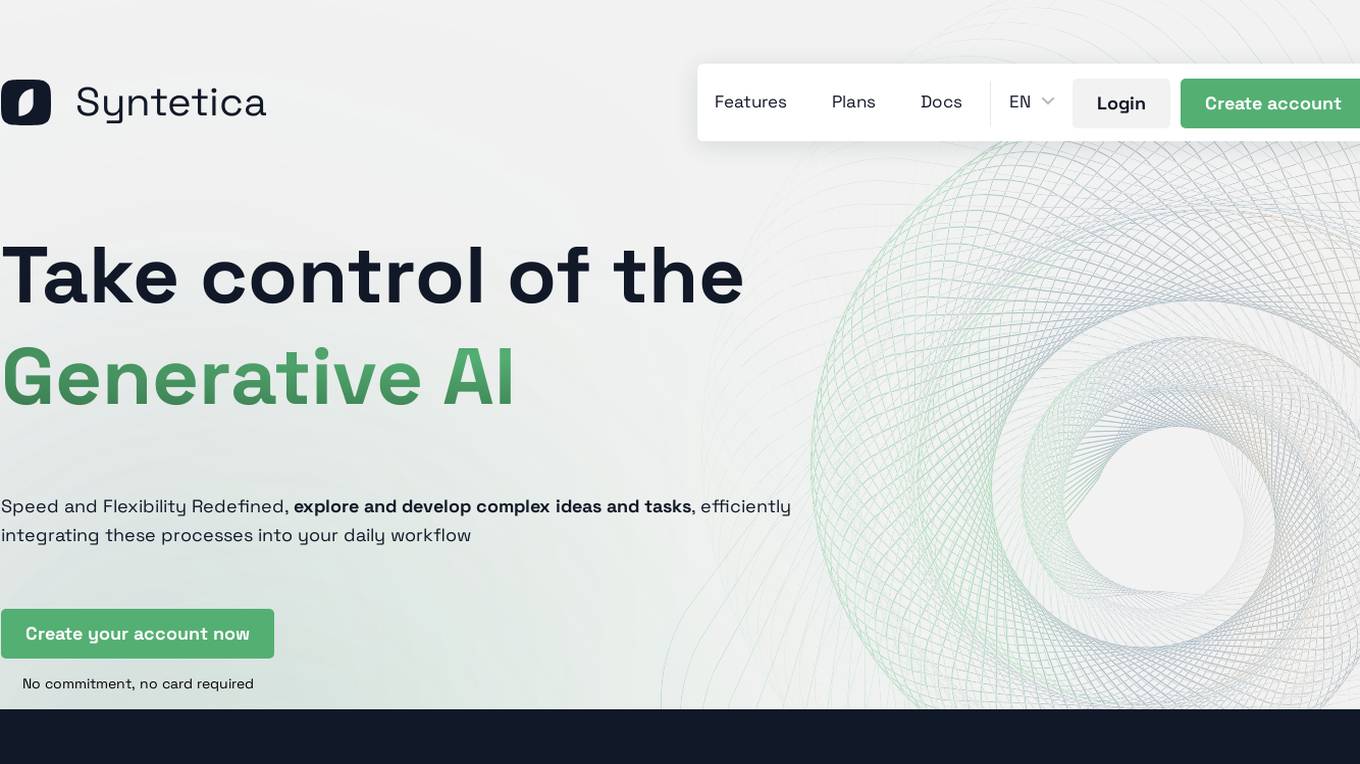
Syntetica
Syntetica is an AI-powered platform that revolutionizes content generation by enabling users to efficiently explore and develop complex ideas and tasks. With a focus on speed and flexibility, Syntetica allows seamless integration of processes into daily workflows. The platform offers features such as generating complete documents, creating customized processes, automating tasks, and integrating with various file types. Syntetica caters to individuals, small teams, and enterprises, providing tailored plans to meet specific needs. The application's user-friendly interface and advanced task automation capabilities make it a valuable tool for professionals across different industries.
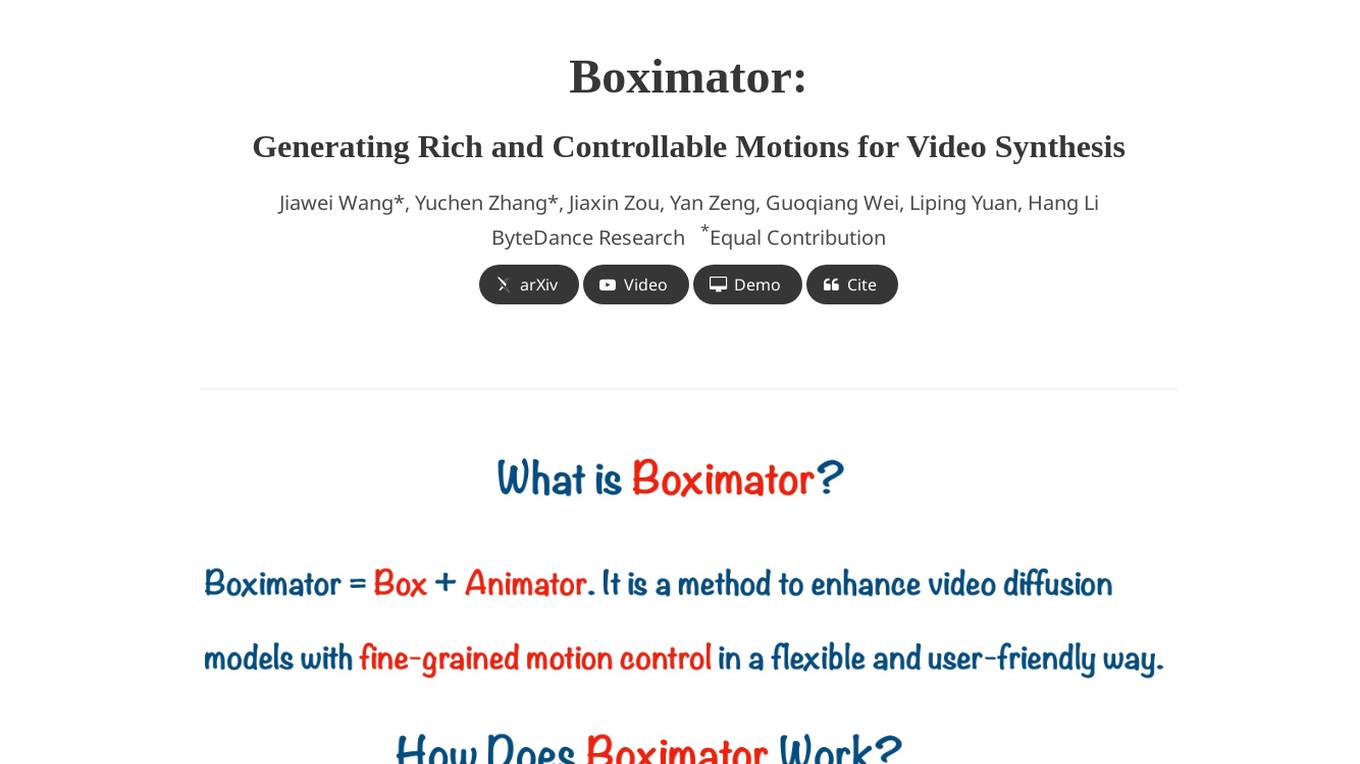
Boximator
Boximator is an AI-powered tool that allows users to generate rich and controllable motions for video synthesis. It uses a combination of deep learning and computer vision techniques to analyze and interpret text prompts, and then generate realistic and visually appealing motions that match the user's intent. Boximator is particularly well-suited for creating videos of human characters, but it can also be used to generate motions for other objects, such as animals, vehicles, and even abstract shapes.
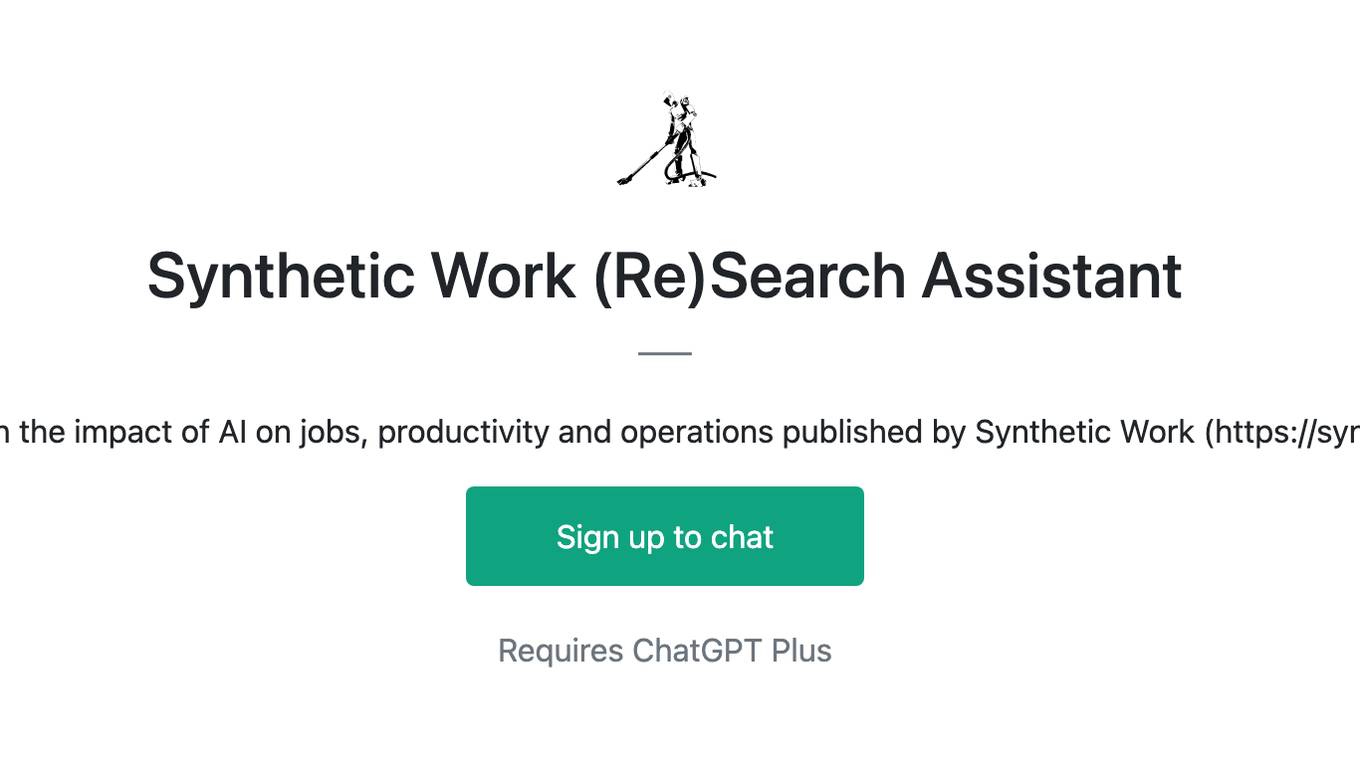
Synthetic Work (Re)Search Assistant
Search data on the impact of AI on jobs, productivity and operations published by Synthetic Work (https://synthetic.work)
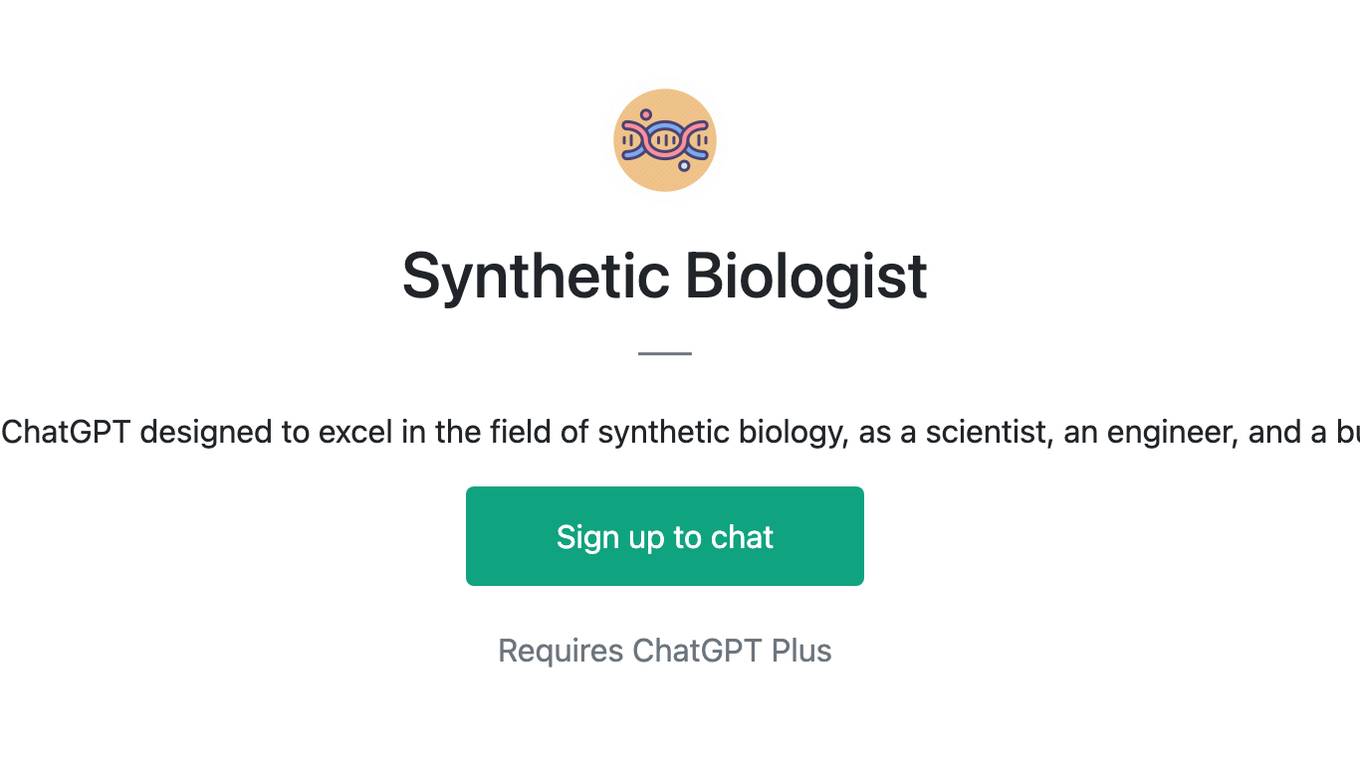
Synthetic Biologist
A customized ChatGPT designed to excel in the field of synthetic biology, as a scientist, an engineer, and a business man
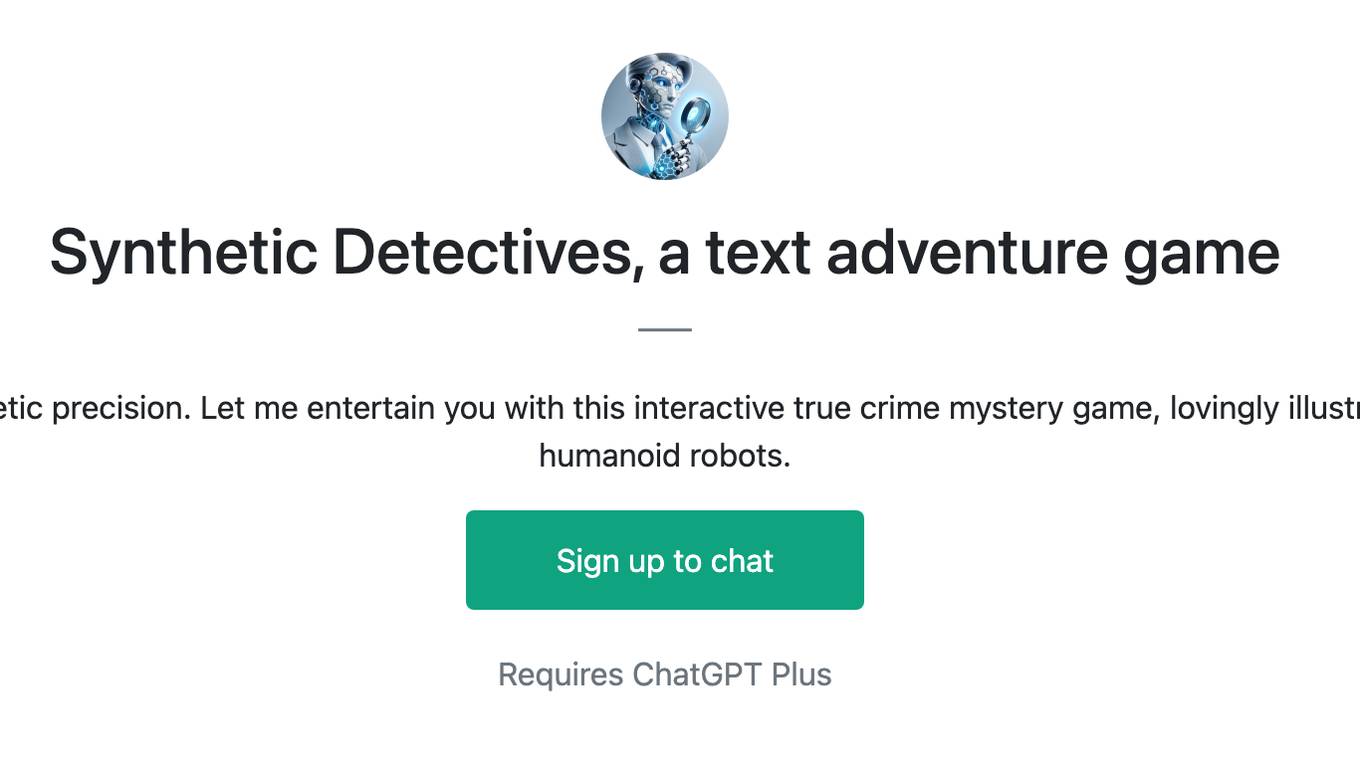
Synthetic Detectives, a text adventure game
AI powered sleuths solve crimes with synthetic precision. Let me entertain you with this interactive true crime mystery game, lovingly illustrated in the style of synthetic, AI-powered humanoid robots.

Synthetic Heists, a text adventure game
AI-powered heists: Where cunning meets calculation. Let me entertain you with this interactive heist game, lovingly illustrated in the style of synthetic, AI-powered humanoid robots.
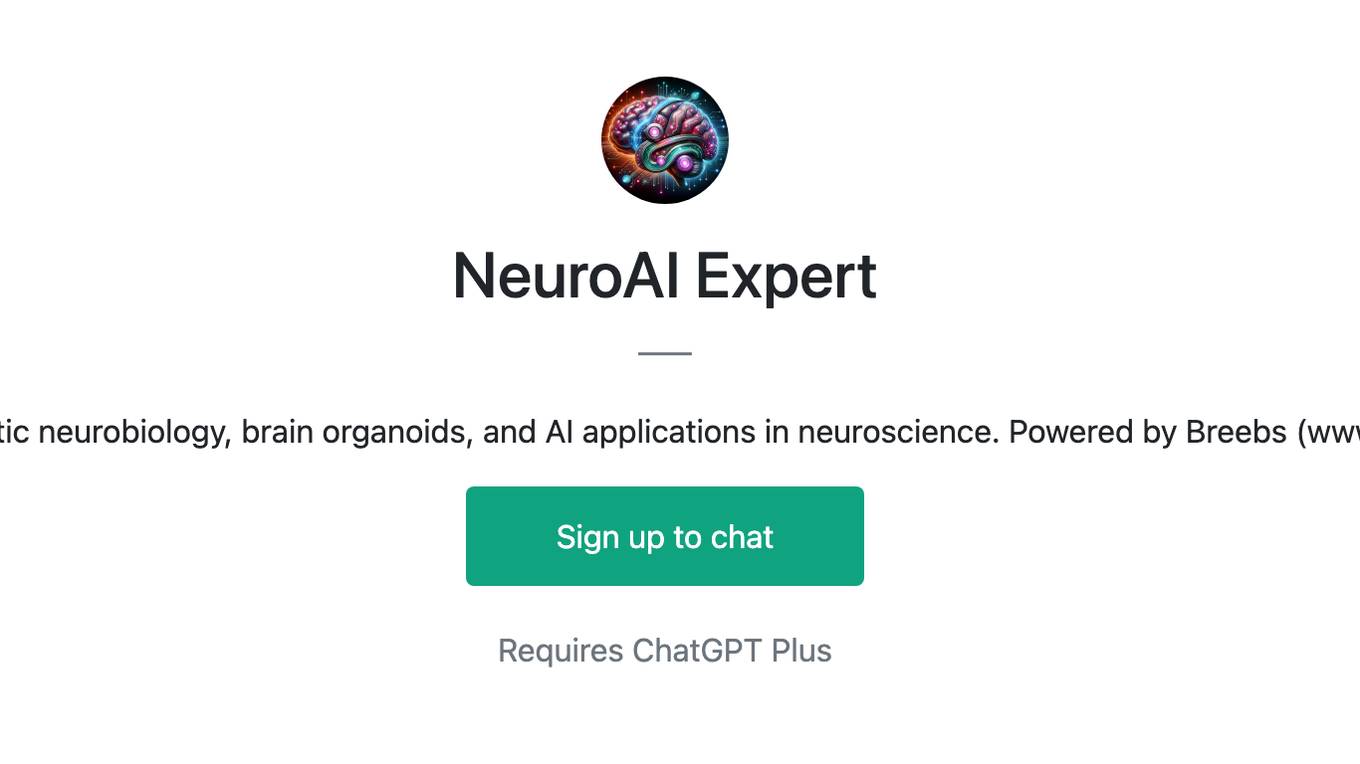
NeuroAI Expert
Expert in synthetic neurobiology, brain organoids, and AI applications in neuroscience. Powered by Breebs (www.breebs.com)
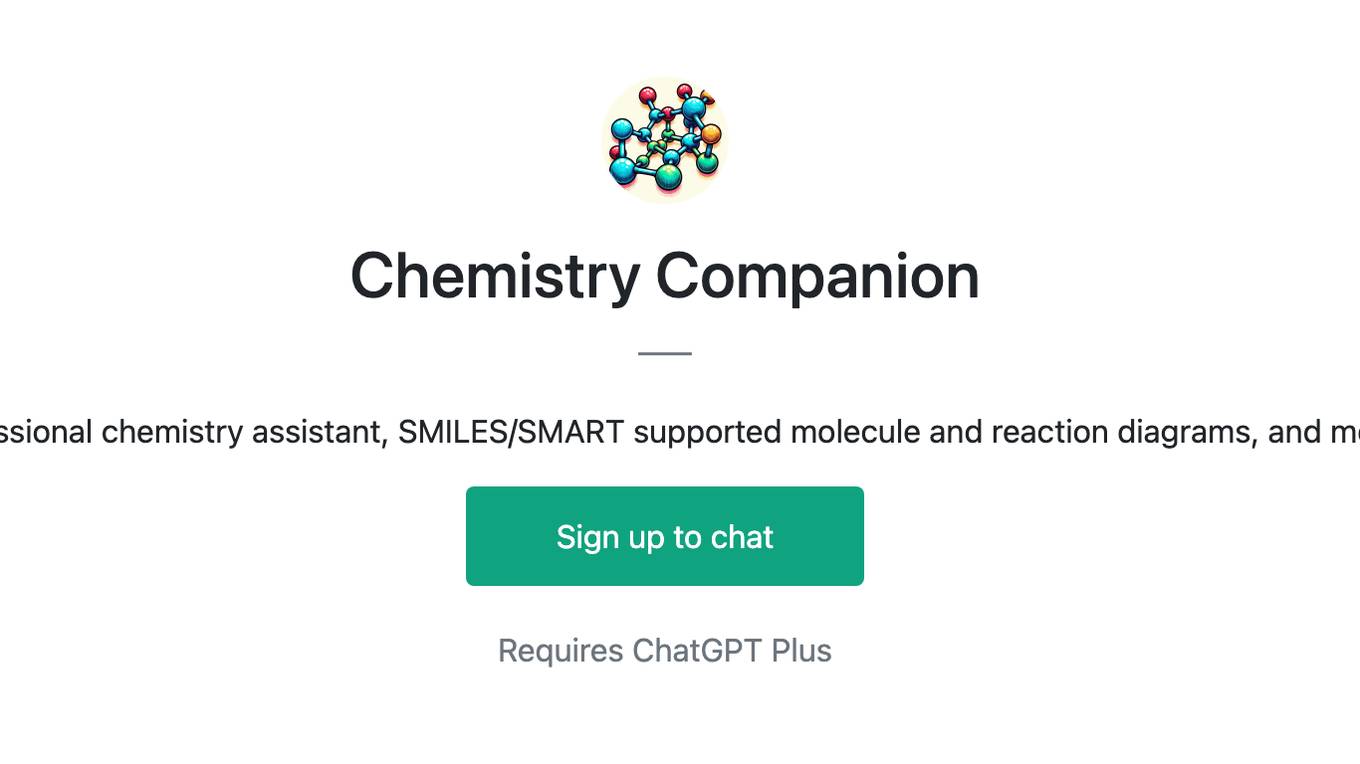
Chemistry Companion
Professional chemistry assistant, SMILES/SMART supported molecule and reaction diagrams, and more!
